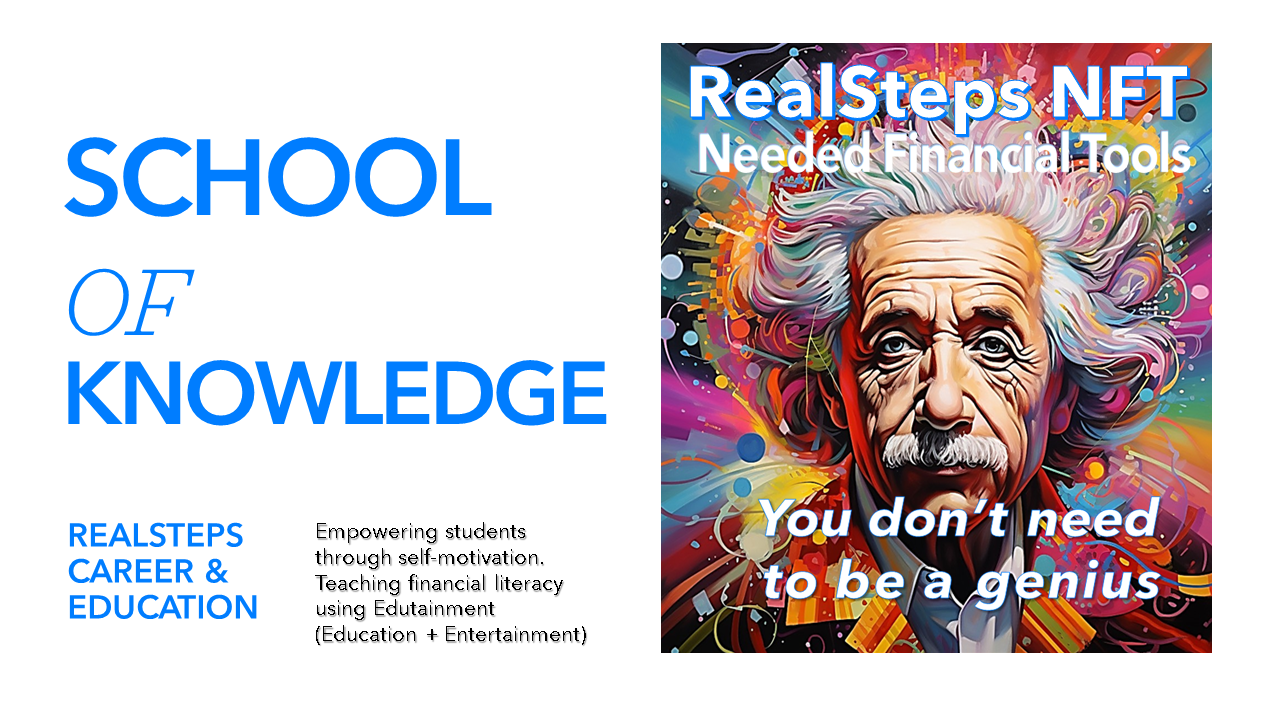
The Quest for Financial Literacy
By: Julius E. Guerra
August 14, 2023 2:58 PM / 0 Comments
Gaining control of your "Total Financial Picture" is a long-term endeavor and better with help, collaboration, and expertise.
The quest for financial literacy can be challenging for several reasons:
1. **Complexity of Financial Concepts:** Financial matters often involve intricate concepts, terminologies, and processes that can be difficult to grasp for individuals without a background in finance. Concepts like compound interest, investment strategies, tax implications, and risk management can be overwhelming.
2. **Lack of Formal Education:** Financial literacy education is not a consistent part of formal education in many places. Schools often focus on traditional academic subjects, leaving students unprepared to manage their personal finances effectively.
3. **Psychological Factors:** Personal finance decisions are influenced by behavioral and psychological factors. People's emotions, biases, and impulsivity can hinder their ability to make rational financial choices.
4. **Constantly Changing Landscape:** Financial markets, regulations, and products are constantly evolving. Staying up-to-date with these changes requires continuous learning and adaptation.
5. **Information Overload:** There is a vast amount of financial information available online, making it challenging for individuals to filter out relevant and accurate information from misinformation or overly complex content.
6. **Cultural and Socioeconomic Factors:** Socioeconomic backgrounds and cultural influences can shape individuals' attitudes toward money and finance. Some individuals might lack positive role models for financial management.
To improve financial literacy, several strategies can be employed:
1. **Early Education:** Introducing financial literacy education at an early age can establish a strong foundation for sound financial decision-making. Schools and parents should teach basic financial concepts, such as budgeting, saving, and responsible borrowing.
2. **Simplified Resources:** Create user-friendly resources that break down complex financial concepts into easy-to-understand language. These resources can include articles, videos, podcasts, and interactive online tools.
3. **Real-world Applications:** Focus on practical applications of financial concepts. Use real-life scenarios and case studies to help individuals understand how financial decisions impact their lives.
4. **Behavioral Finance Education:** Incorporate psychological aspects of finance into education. Teach individuals about common biases, emotions, and how to make decisions that align with their long-term goals.
5. **Accessible Platforms:** Develop user-friendly apps and online platforms that provide personalized financial advice, tools for budgeting, and investment guidance.
6. **Community Workshops:** Organize workshops, seminars, and community events to promote financial literacy. These events can provide a supportive environment for individuals to ask questions and learn from experts.
7. **Inclusion in Curricula:** Schools and educational institutions should integrate financial literacy into their curricula. This could involve dedicated courses or integrating financial concepts into existing subjects.
8. **Employer Initiatives:** Employers can play a role by offering financial education programs or resources to their employees, helping them make informed decisions about retirement plans, investments, and other benefits.
9. **Government and NGO Support:** Governments and non-governmental organizations can initiate and fund financial literacy programs that target various demographics, including underserved communities.
10. **Continuous Learning:** Encourage a culture of lifelong learning by emphasizing the importance of staying informed about financial developments and revisiting financial strategies periodically.
Improving financial literacy requires a multi-faceted approach that addresses educational, psychological, and practical aspects of personal finance. It's a long-term endeavor that requires collaboration between educators, policymakers, employers, and individuals themselves. The first step is to contact a professional who is also a fiduciary, meaning they have your best interest in mind when making financial decisions or purchasing products. @Misterg3234 is a great place to start your conversation.
